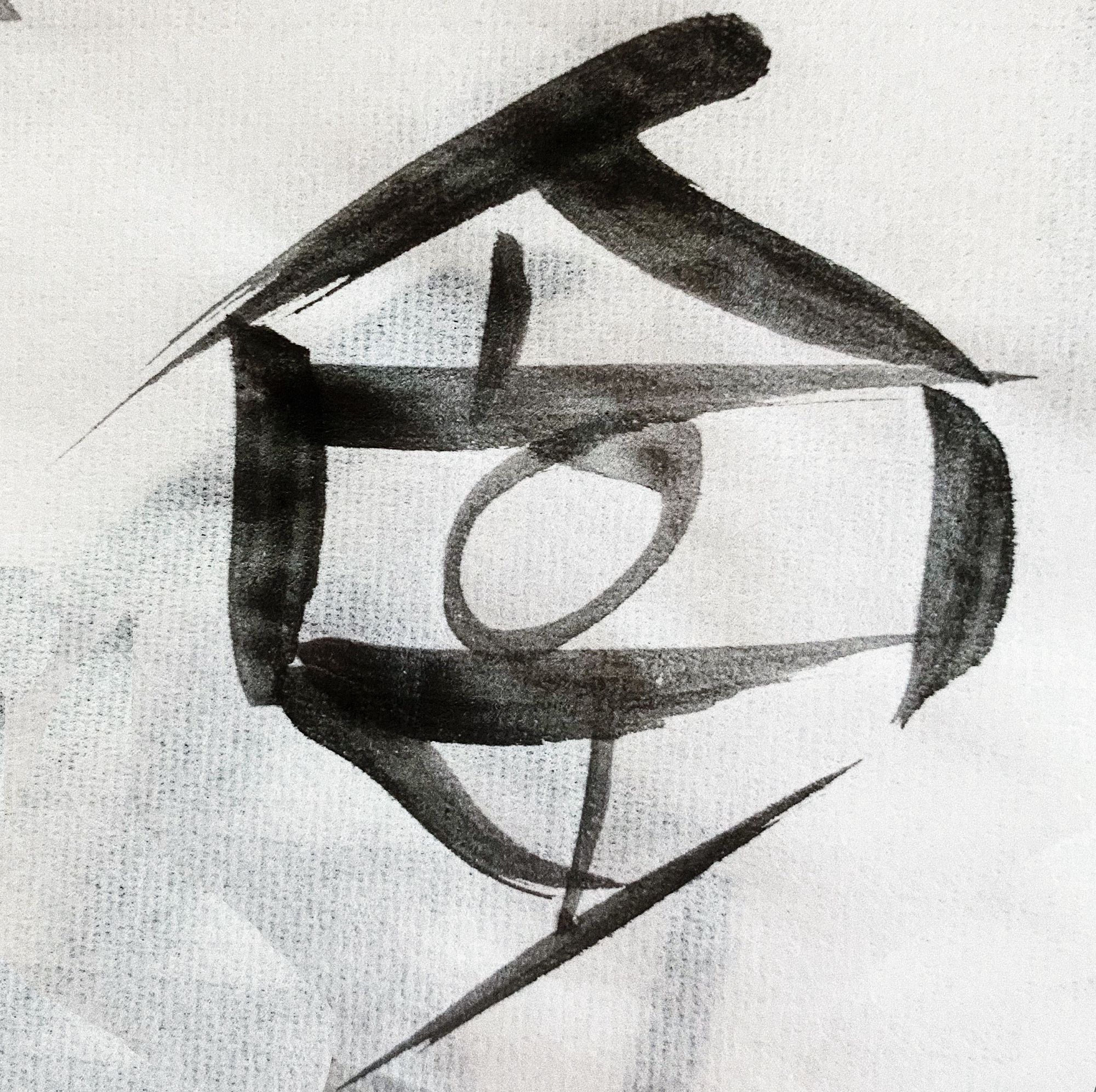Just Another Day
I'm writing this on my birthday, nursing a hangover, ignoring the dishes in the sink, the bucket of melted ice full of seltzer and beer, the empty bottles left by my friends. It's been another year, another decade, marked complete, marked done. Finished. Kaput. Fin.
I'm not great at celebrating the milestones. I forget, or I get distracted, or forced to acknowledge the passage of time, the accomplishment of a task, I can't help but reflect on what it took to get here and take in the seemingly infinite horizon between here and the next mile marker.
Marking time means making memories. And memories are a demand to have a future, a demand to recognize that I want this moment to be preserved for a later. I am making a story of now, even though I know that I'll never actually remember this moment as it truly is. I'll only have the story of it, the one I tell myself, the one that evolves and changes with each retelling.
A memory is like a record, a groove set in soft wax, changed ever so slightly by time, and heat, and humidity, and the wear and tear of experience. To play a record is to hasten its loss, its degradation, its inevitable collapse into meaningless noise.
Anyhow, I don't like birthdays.
The thing about publishing a book is that it's horribly anticlimactic. You put it out into the world and on the day it goes live all the little flags at all the retailers go from pre-order to buy now. All the bookstores put it on their shelves, maybe in a new release bay, maybe front of store, if you're lucky. You do an event, online or in person. You go sign some stock. You celebrate with your friends, maybe have a party.
These are all good things. These are all exciting things. But then, the next day, it's just another day. Years of work, of planning, of marketing, of pitching, of writing. All the stress and heartbreak and joy is out in the world, between two covers, ready for readers to fork over their cash, spend their time reading.
Unfortunately, it takes time to read a book. It takes time to form an opinion, to post it somewhere, for people, friends and strangers a like, to let you know how they feel about your work. It takes time for publishers to collate sales reports, for returns to come in, for royalty season to roll around. It can take literal years to get a clear picture of how your book did.
And in the meantime, life goes on. You write another book. You have day job, you have family, you have obligations to the world.
But you did do the thing. You wrote the book. You got it published. And people are reading it. Maybe a handful. Maybe thousands. Maybe tens and tens of thousands.
The event happened. The milestone was passed. The book exists. And whether or not the day was everything you expected, nothing erases the fact of it.
Mile markers exist to let us know where we are. But when we are between the markers, when we're on the long road, head down, focused on the day, the events, the messy work of living a life, it's hard to know how much time has passed and how far we have to go.
If I put my head down as I pass the marker, if I refuse to see it, to acknowledge it, then there's no difference between one moment and the next. There's no demarcation from one part of this journey to the next one.
And maybe that's okay in its own way. To be ever present, to be always in the moment is an ideal to me. I structure my days to be focused on the thing in front of me, and to let go of attachment to outcomes, to hold lightly my resentments and grief over things that are behind me. To keep moving forward, upward when possible, necessitates an ability to let go of anticipating the markers, of dwelling on the old ones.
But I think it's also good to notice things. To recognize that time has passed. Seeing the markers, in the distance, as we walk by them, is a reminder that we have made progress. They tell us we have accomplished things, even something as basic as survival. And if we stop to consider them, we might notice things. We might notice how far it is we've come, how high we've climbed. We might notice that we have been doing this a long time and maybe we notice that there's a long way to go too.
And in stopping for a moment, maybe we can breathe, we can rest, and, sometimes, take in the view.
